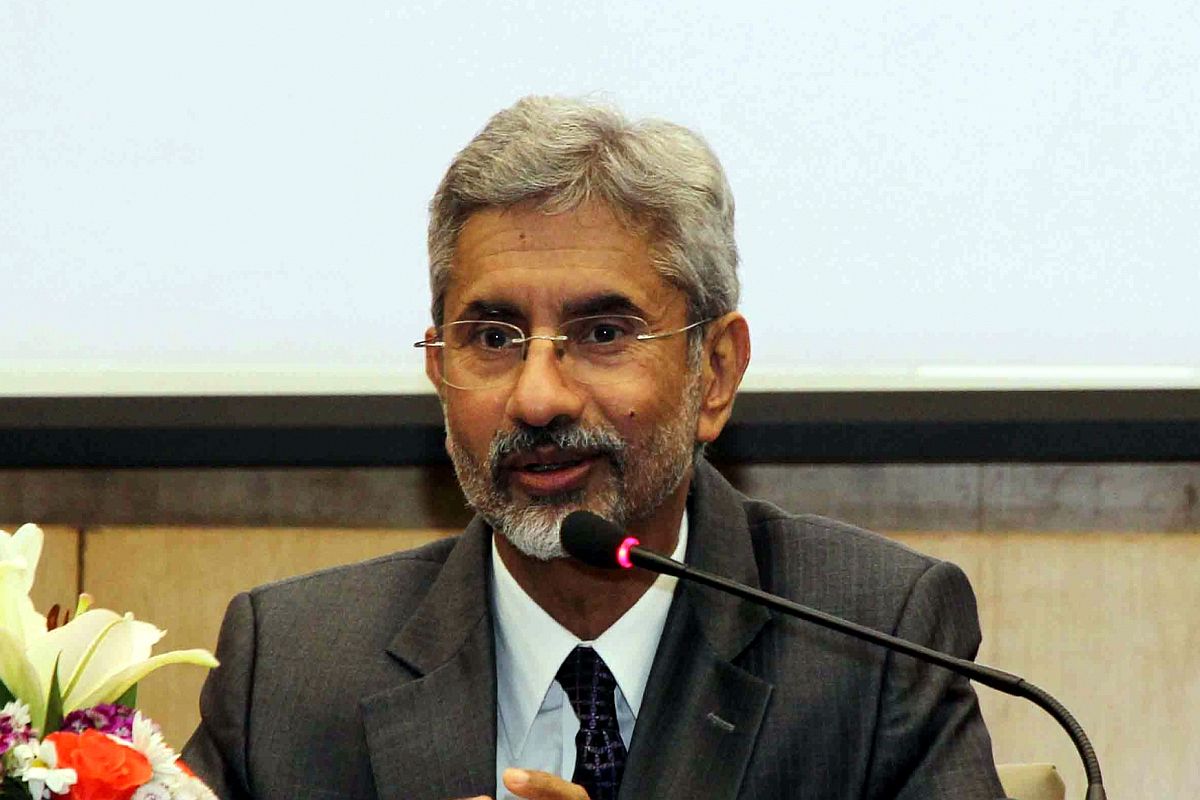India has made it clear to China that any attempt to change the status quo at the Line of Actual Control (LAC) was unacceptable, adding agreements between the two countries must be respected scrupulously in their entirety if normalcy was to be restored in bilateral ties.
Delivering the Sardar Patel Memorial Lecture last evening, External Affairs Minister S Jaishankar noted that ties with China were stable for three decades as the two nations addressed inherited challenges and new circumstances. “Peace and tranquility in the border areas provided the basis for expanded cooperation in other domains. But as the pandemic unfolded, the relationship has come under severe stress,” he said in an obvious reference to the tense military stand-off between the two countries in eastern Ladakh that started in April-May soon after the outbreak of the pandemic.
Jaishankar said, ”The relationship (between India and China) cannot be immune to changes in the assumptions that underpinned it. Large civilisational states re-emerging in close proximity will not have naturally easy ties. Their interests are best served by a sustained engagement based on mutual respect and mutual sensitivity.”
About India’s ties with the US, he said successive governments on both sides have steadily pursued what has become a non-partisan endeavour. A strong economic and technological complementarity, also reflected in their work culture, has laid a strong foundation. And the diaspora has been a very effective bridge. “But it is in the face of emerging multi-polarity that both nations have developed a serious interest in more intensive engagement. There are few domains that their agenda have now left untouched,” he added.
India’s relations with Russia, he said, have held remarkably steady and the “strategic logic that has sustained this relationship since its early days still remains largely relevant”. India has also ramped up its engagement with European states, which were taking a greater interest in the Indo-Pacific region. There was also a strong case for accelerating the partnership with Japan, he said.











